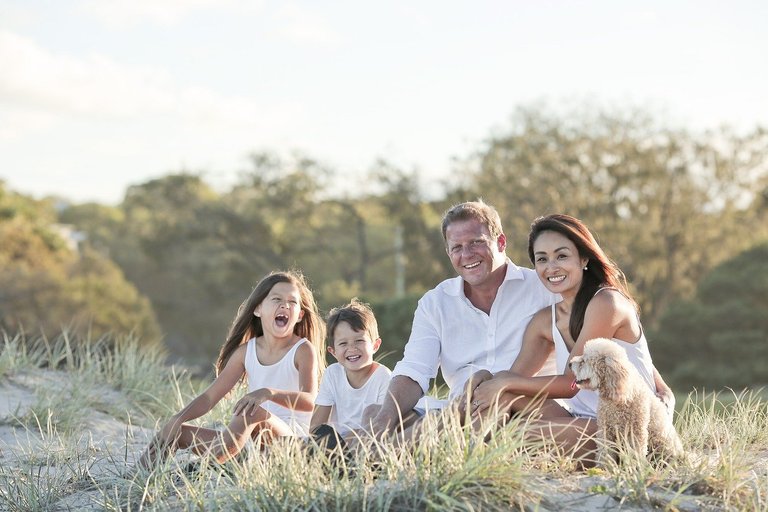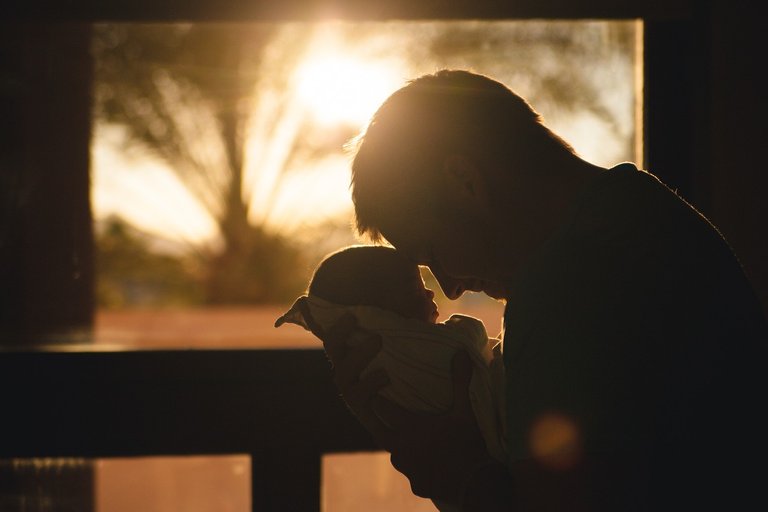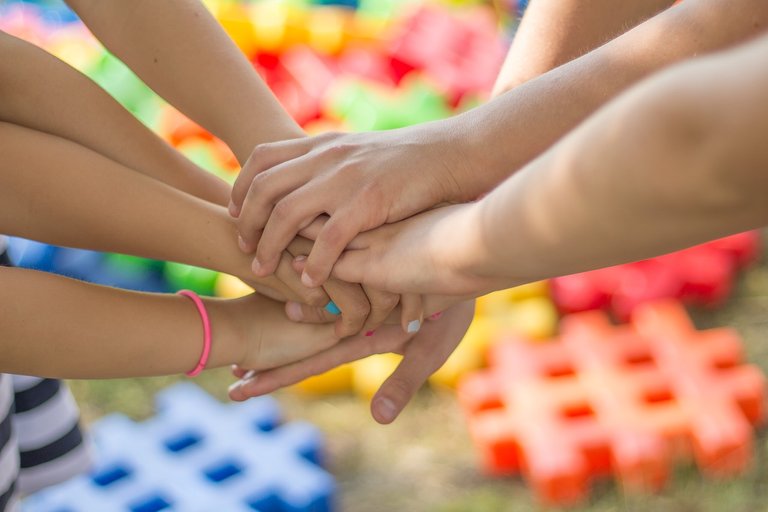Hola a todos mis queridos amigos de Home Edders de regreso a esta maravillosa comunidad, hoy quiero compartir con ustedes un poco de las reflexiones que he tenido la oportunidad de hacer luego de este periodo donde todo comienza nuevamente con la pandemia o lo que nunca ha terminado. Mucho se ha hablado de que la educación en casa limita la socialización en los más pequeños y ocasiona un retroceso en las habilidades de socializar de los más grandes, sin embargo todo ello es relativo.

Source: pixabay.com
Blaming home schooling for the lack of socialization skills in children or the regression in them is a mistake, because fundamentally, socialization does not depend exclusively on the school in formal spaces. Socialization involves a series of agents where in the first place is the family, this is considered the first contact with an organized group of people, who are considered our equals, under a series of standards of behavior that will be copied by children. It can even be said that parents, in this case, as leaders or guides of the family, are initiated in this process of socialization from the patterns and values that they themselves have learned from those who were constituted as their mentors in childhood, hence we are all a product of a sociocultural pattern.
Culpar a la educación en casa por la falta de las habilidades de socialización en los niños o el retroceso en ellas es un error, porque fundamentalmente, la socialización no depende exclusivamente de la escuela en espacios formales. La socialización implica una serie de agentes donde en primer lugar está la familia, esta se considera el primer contacto con un grupo organizado de personas, que se consideran nuestros iguales, bajo una serie de normas de conductas que serán copiadas por los niños. Incluso, se puede decir que los padres, en este caso, como líderes o guías de la familia, se inician en este proceso de socialización a partir de los patrones y valores que ellos mismos han aprendido de quienes se constituyeron como sus mentores en la infancia, de ahí que todos somos un producto de un patrón sociocultural.

Source: pixabay.com
From this point of view, the school is the second agent of socialization, considering this if the children do not have other activities, because if they attend other groups such as arts, sports, recreational, religious, among others, these groups will be in charge of creating spaces for socialization. We must remember that children, like all of us, are in charge of selecting the people who will be part of this small group, which over the years will be expanded. In this process, it will be the family again, the one in charge of guiding behaviors and showing the proper way to establish healthy relationships from the first stage of our life.
Desde este punto de vista, la escuela es el segundo agente de socialización, considerando esto si es que los niños no tienen otras actividades, pues si ellos asisten a otros grupos como por ejemplo artes, deportes, recreativos, religiosos, entre otros, serán estos grupos los encargados de crear los espacios de socialización. Debemos recordar que los niños como todos nosotros nos encargamos de seleccionar a las personas que forman parte de ese grupo pequeño que con los años se irán ampliando. En este proceso, será la familia nuevamente, la encargada de orientar las conductas y mostrar la forma adecuada de establecer las relaciones sanas desde la primera etapa de nuestra vida.

Source: pixabay.com
If we think about it, it is the family and not the school to establish the processes of primary socialization, the core or center of interest should always be the family and not leave that work to the school, I feel that attacking education at home as responsible for the delay or frustration in the socialization process is to shift the blame for a fact that is clearly the responsibility of us adults. Today we must look for strategies to establish healthy socialization processes in our children from what we do at home. I continue to defend education at home and the way in which we can advance in the construction of a better society.
Si los pensamos bien es la familia y no la escuela de establecer los procesos de socialización primaria, el núcleo o centro de interés debe ser siempre la familia y no dejar esa labor a la escuela, siento que al atacar a la educación en casa como responsable del atraso o frustración en el proceso de socialización es trasladar la culpa de un hecho que es netamente responsabilidad de nosotros los adultos. Hoy debemos buscar las estrategias para lograr establecer procesos de socialización saludable en nuestros niños desde lo que hacemos en casa. Yo continuo en defensa de la educación en casa y de la forma en la cual nosotros podemos avanzar en la construcción de una sociedad mejor.

Hello thank you very much for that maxim it is beautiful that says a lot about the Zulu, when you value the family and have it as the center of the individual's development it is really wonderful. I wish more cultures and more people would take that maxim as a pillar of their lives. Thank you very much for your contribution